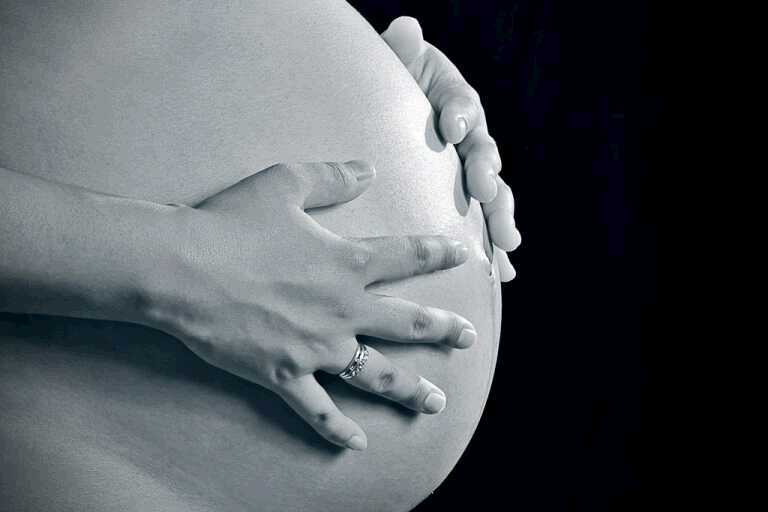
For many, pregnancy is associated with the hope and joy of a new arrival in the family. And yet, there are complications associated with pregnancy. Postpartum depression is known to occur following a pregnancy. Some women develop gestational diabetes during pregnancy.
But did you know, that there may be a link between depression and gestational diabetes? That is precisely what researchers at the National Institutes of Health (NIH) have discovered.
The study conducted by the team of Dr. Cuilin Zhang with Dr. Stephanie Hinkle as the first author, conducted a survey of nearly 2500 pregnant women. Of these pregnant women, 2334 were not obese while 468 women were obese. The pregnant women chosen for the study were free of depression, diabetes, and other complications.
The pregnant women were then followed in their first and second trimesters. Depression was measured in the first and second trimesters. Those who developed depression were then analyzed further for 6 months following the pregnancy.
Women with gestational diabetes were analyzed 6 months following pregnancy.
The study observed an interesting pattern in their analyses. Those women who suffered depression were found to develop gestational diabetes. When the depression scores were high, there was nearly a two-fold increased chance o the women developing gestational diabetes. This association was found to be similar in both the first and the second trimesters. Hence depression that arose in either the first or the second trimester had a similar risk of developing diabetes.
A similar association was observed when gestational diabetes was observed in women during the pregnancy. When gestational diabetes developed in pregnant women, they were found to approximately have more than a 4.5 fold increased chance of developing depression following the pregnancy.
This association between depression and gestational diabetes was found to be high in non-obese pregnant women. Obese pregnant women did not show a similar positive association.
“The study highlights the interplay between depression and gestational diabetes. The modest association between depression and gestational diabetes is relevant in the first and second trimesters of the pregnancy.”
“Similarly, the association between gestational diabetes and depression is specific to the postpartum period 6 weeks following the pregnancy.”
The results of this study indicate that pregnant women who suffer depression should be monitored for signs of gestational diabetes and likewise pregnant women with gestational diabetes should be monitored for depression following the pregnancy period.
So far, only an association has been confirmed between depression and gestational diabetes. A molecular connection between the two has not been established.
So, here’s hoping your pregnancy is healthy. And if any of the above symptoms occur, make sure they are monitored in time to avoid the associated complication.
